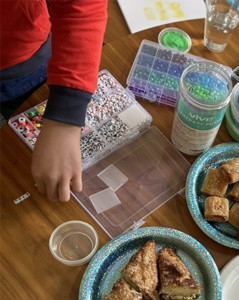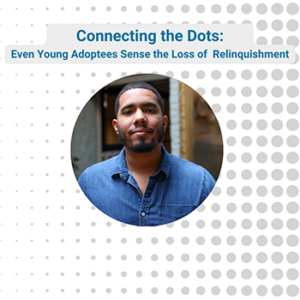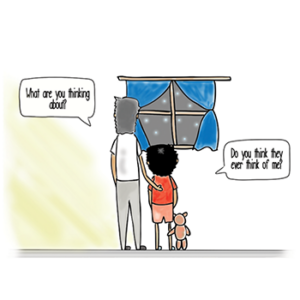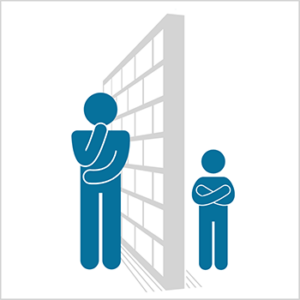Parenting
How Does Play Therapy Help Adoptees and Therapists?
Play therapy acts as a medium for communication, rapport building, and the exploration of themes related to safety, abandonment, identity, and integration for adoptees. Therapists strategically use play to help children express what is troubling them when don’t have the verbal language to express their thoughts and feelings.
Read MoreConnecting the Dots: Even Young Adoptees Sense the Loss of Relinquishment
Adoptee Isaac Etter was one of the few people of color in his small town. His family didn’t understand how to broach topics around race or adoption. Most of what he learned about race and racism came from the internet as a teen. But by age five or six he already felt the rejection and abandonment of relinquishment.
Read MoreThe Adoptive Parent’s Guide to Telling the Truth
How much should an adoptive parent tell a child about their birth family? How should the conversation change as the child grows up? This blog explores developmentally appropriate ways to approach the truth and how to initiate conversations.
Read MoreParenting When It’s Hard to Like Your Child — Understanding Blocked Care in Adoptive Families
“Why is my child withdrawing? And why am I tempted to give up and disengage?” This blog explains self-protective instincts for both adopted children (blocked trust) and parents (blocked care), how a child’s response may be rooted in early trauma, and strategies for parenting with empathy.
Read MoreThrough Every Season — Parenting with Melodies
For adoptive parent and songwriter Lissa, memories, stories, and emotions get woven into melodies as she navigates parenting a child with a history of trauma. Learn how she uses songwriting for both communicating and healing.
Read More



